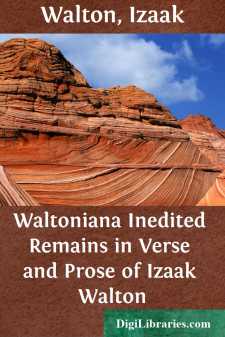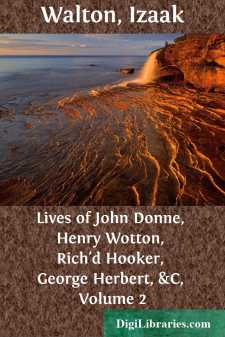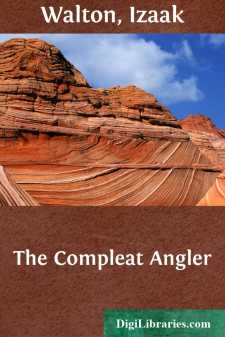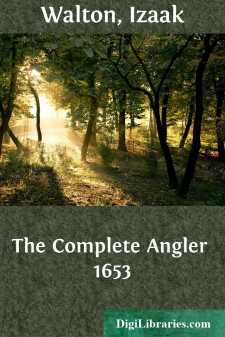Categories
- Antiques & Collectibles 13
- Architecture 36
- Art 48
- Bibles 22
- Biography & Autobiography 813
- Body, Mind & Spirit 142
- Business & Economics 28
- Children's Books 13
- Children's Fiction 10
- Computers 4
- Cooking 94
- Crafts & Hobbies 4
- Drama 346
- Education 46
- Family & Relationships 57
- Fiction 11828
- Games 19
- Gardening 17
- Health & Fitness 34
- History 1377
- House & Home 1
- Humor 147
- Juvenile Fiction 1873
- Juvenile Nonfiction 202
- Language Arts & Disciplines 88
- Law 16
- Literary Collections 686
- Literary Criticism 179
- Mathematics 13
- Medical 41
- Music 40
- Nature 179
- Non-Classifiable 1768
- Performing Arts 7
- Periodicals 1453
- Philosophy 64
- Photography 2
- Poetry 896
- Political Science 203
- Psychology 42
- Reference 154
- Religion 513
- Science 126
- Self-Help 84
- Social Science 81
- Sports & Recreation 34
- Study Aids 3
- Technology & Engineering 59
- Transportation 23
- Travel 463
- True Crime 29
Waltoniana Inedited Remains in Verse and Prose of Izaak Walton
by: Izaak Walton
Description:
Excerpt
PREFACE.
Few men who have written books have been able to win so large a share of the personal affection of their readers as honest Izaak Walton has done, and few books are laid down with so genuine a feeling of regret as the "Complete Angler" certainly is, that they are no longer. "One of the gentlest and tenderest spirits of the seventeenth century," we all know his dear old face, with its cheerful, happy, serene look, and we should all have liked to accompany him on one of those angling excursions from Tottenham High Cross, and to have listened to the quaint, garrulous, sportive talk, the outcome of a religion which was like his homely garb, not too good for every-day wear. We see him, now diligent in his business, now commemorating the virtues of that cluster of scholars and churchmen with whose friendship he was favoured in youth, and teaching his young brother-in-law, Thomas Ken, to walk in their saintly footsteps,—now busy with his rod and line, or walking and talking with a friend, staying now and then to quaff an honest glass at a wayside ale-house—leading a simple, cheerful, blameless life
"Thro' near a century of pleasant years."[1]
We have said that the reader regrets that Walton should have left so little behind him: his "Angler" and his Lives are all that is known to most. But we are now enabled to present those who love his memory with a collection of fugitive pieces, in verse and prose, extending in date of composition over a period of fifty years,—beginning with the Elegy on Donne, in 1633, and terminating only with his death in 1683. All these, however unambitious, are more or less characteristic of the man, and impregnated with the same spirit of genial piety that distinguishes the two well-known books to which they form a supplement.
Walton's devotion to literature must have begun at an early age; for in a little poem, entitled The Love of Amos and Laura, published in 1619, when he was only twenty-six, and attributed variously to Samuel Purchas, author of "The Pilgrims," and to Samuel Page, we find the following dedication to him:—
"TO MY APPROVED AND MUCH RESPECTED FRIEND, IZ. WA.
"To thee, thou more then thrice beloved friend,
I too unworthy of so great a blisse:
These harsh-tun'd lines I here to thee commend,
Thou being cause it is now as it is:
For hadst thou held thy tongue, by silence might
These have beene buried in obliuious night.
"If they were pleasing, I would call them thine,
And disauow my title to the verse:
But being bad, I needes must call them mine.
No ill thing can be cloathed in thy verse.
Accept them then, and where I have offended,
Rase thou it out, and let it be amended.
"S.P." [2]
What poems Walton wrote in his youth, we have now no means of knowing; it has not been discovered that any have been printed, unless we adopt the theory advocated by Mr. Singer,[3] and by a writer in the "Retrospective Review,"[4] that the poem of Thealma and Clearchus, which he published in the last year of his life, as a posthumous fragment of his relation John Chalkhill, was really a juvenile work of his own....





